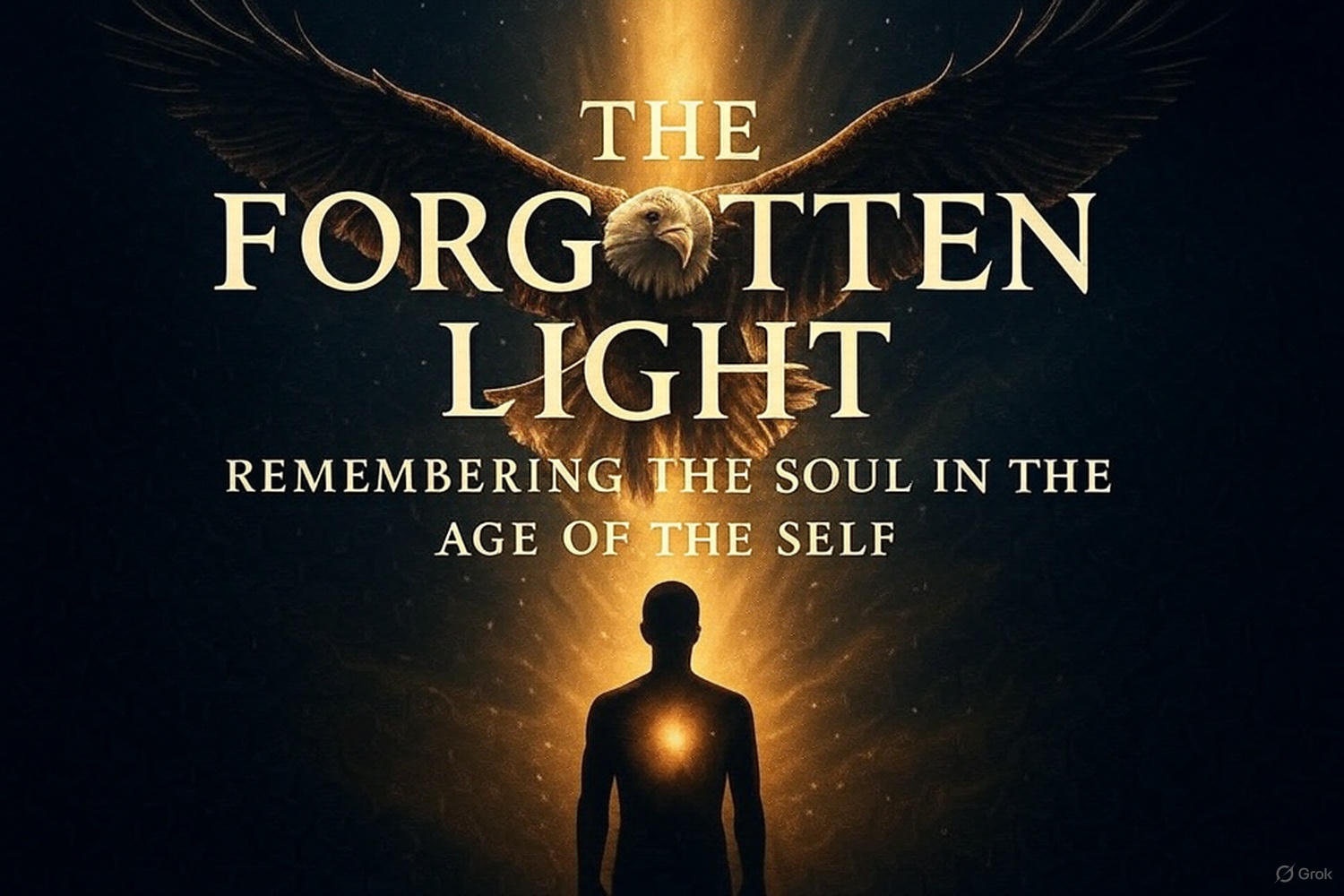YOUTH MOTIVATION
-
“Qayamat: The Final Hour That Will Awaken Every Human Heart | Isa, Dajjal & Imam Mahdi”
Let’s begin. 🌍 🌅 Qayamat: The Last Hour — Part 1 The Truth About the End, and What It Means for Humanity 1. A Question That Lives in Every Heart Have you ever looked at the world and felt something is not right?So much pain, so much injustice, so much confusion.Everywhere we look — people…
-
🌿 Man Chases the Body but Forgets the Soul: A Journey Back to the Heart
It includes —✨ Sufi wisdom✨ Meanings from the Qur’an (not direct verses, but their message)✨ Muslim prayer and reflection✨ Yoga, meditation, and mindfulness✨ NLP, Silva method, and self-awareness✨ Motivational books for lifelong inspiration 🌿 Man Chases the Body but Forgets the Soul: A Journey Back to the Heart We live in a time where everyone…
-
“We Did NOT Come From Apes: The Truth That Shakes Modern Science — Islam’s Final Answer”
🧬 Did We Come From Apes? Islam’s Answer to Evolution (A Complete Guide Combining Science, Faith, and Reflection) 🌍 Introduction One of the biggest questions people ask today is:“Did humans come from apes?” This question touches both science and faith. It’s discussed in classrooms, mosques, documentaries, and debates all over the world. Some people believe…
-
Transformation of Physical Intimacy into Worship: A 7-Day Spiritual and Therapeutic Journey
🌙 Transformation of Physical Intimacy into Worship: A 7-Day Spiritual and Therapeutic Journey By Shoaib Nasir 🌸 Introduction: A Journey from Desire to Divine Love Every soul in this world is looking for love.Some search for it in people, others in dreams, and some in silent prayers.But deep inside, the human heart is not just…
-
“The War Inside Every Human: Between the Self That Craves and the Soul That Loves”
🌟 The Attraction of the Self and the Love of the Soul 📜 Table of Contents (Click to Explore Any Section) 🌙 Part 1 — The Beginning: Understanding the Self and the Soul The Two Forces Inside Every Human Every human being is like a small universe.Inside us live two invisible forces — the Self…
-
“When You’re Going Through Hell — Allah Walks Beside You, and Humanity Rises With You.”
🌙 When You’re Going Through Hell — Keep Walking, Allah Is With You A journey of healing for every soul — through faith, love, science, and hope. 🌤️ Part 1: Understanding the Journey of Pain 🌾 Introduction: Why We Feel Lost Sometimes Every human being, no matter how rich or strong, faces moments that feel…
-
“The Roar of Humanity: When Every Soul Remembers Its Lion Within”
🦁 What is Lion Mentality? Lion mentality means thinking and acting like a lion — being brave, strong, confident, and focused no matter what happens in life. The lion is called the king of the jungle, not because it’s the biggest or the fastest animal, but because of its mindset — the way it thinks…
-
“One Call That Shakes the Universe: The Power of Dua”
What is Dua (Pray)? Why do we make Dua? How do we make Dua? There is no hard rule, but some simple steps help: When can we make Dua? Important things to remember: 👉 In short: Dua is a beautiful conversation with Allah. It is free, it has no time limit, and it always brings…
-
“Women Are Not Evil — They Are the Soul of Humanity”
🌿 Key Points: Are Women Evil? A Complete View 📌 1. Schopenhauer’s Harsh View 📌 2. The Quran’s Teachings 📌 3. Prophet Muhammad ﷺ’s Teachings 📌 4. Sufi Teachings 📌 5. Other Religions’ Teachings 📌 6. Motivational Books 📌 7. Islamic Books 📌 8. How to Prepare Our Minds to Respect Women 📌 9. A…
-
“Your Greatest Enemy is Not Outside – It Lives Inside You”
📑 Main Points of the Article: “Your Greatest Enemy is You” 1. Introduction 2. Understanding the Inner Enemy 3. Faces of the Inner Enemy 4. How the Inner Enemy Controls Life 5. Recognizing the Enemy Within 6. Overcoming the Inner Enemy 7. Turning the Enemy into an Ally 8. Spiritual Views (Sufi Path) 9. Quranic…










